The impact of climate change on insects

The world is facing a devastating hidden collapse of insect species due to a double threat: climate change and habitat loss, the interplay between rising temperatures and changes in agricultural land use is causing widespread losses in numerous insect groups worldwide.
Insects are critical to the future of our planet. They help keep pests under control and break down nonliving or inert matter to release nutrients into the soil. Flying insects are also the main pollinators of many major food crops, including fruits, spices, and most importantly for chocolate lovers, cocoa.
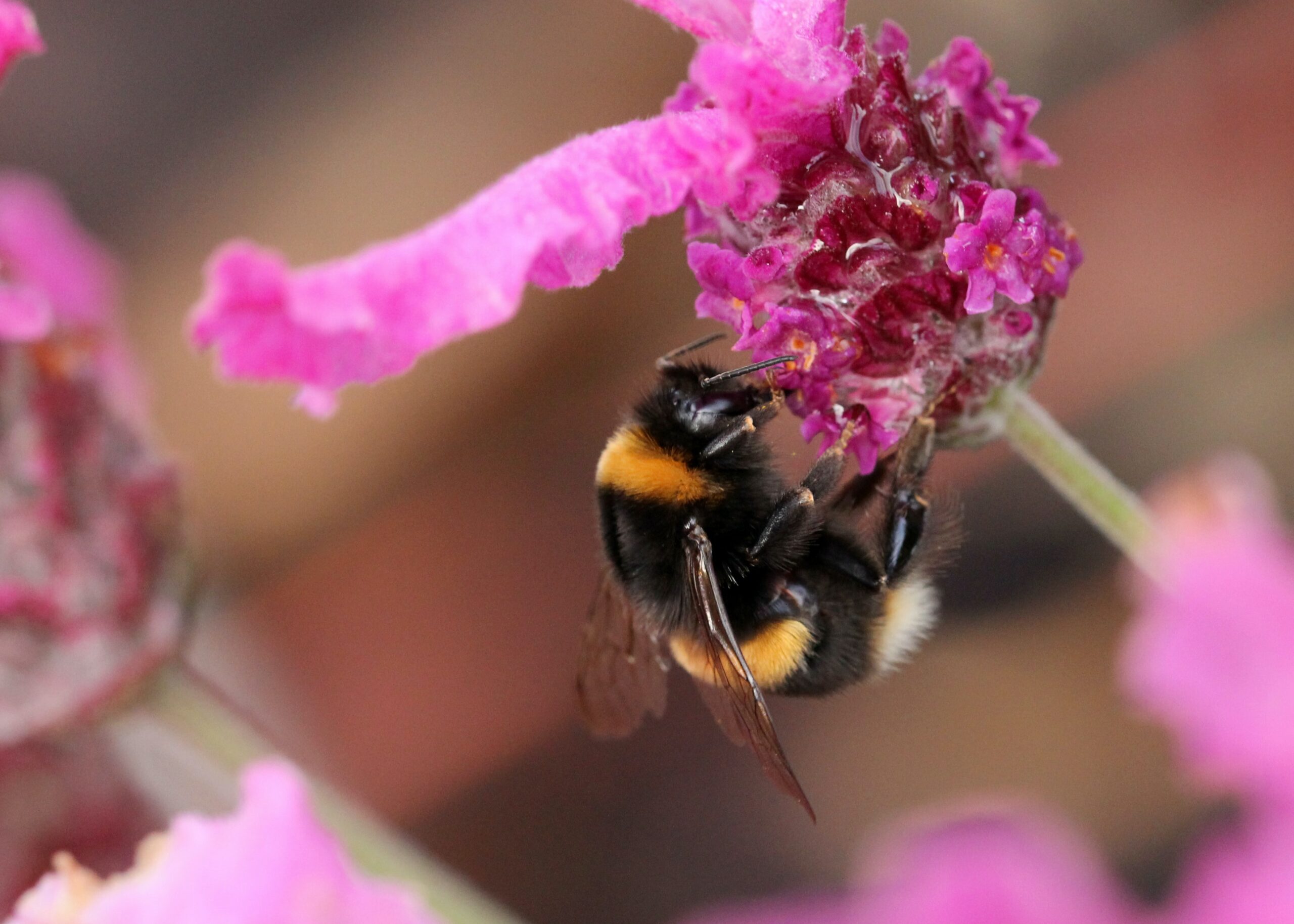
This loss of biodiversity could jeopardize their vital ecological functions, threatening people’s livelihoods and food security in the process, insects face an unprecedented threat from climate change and habitat loss. Habitat loss can add to the effects of climate change by limiting available shade, for example, leading to even warmer temperatures in these vulnerable areas. Rising temperatures and more frequent extreme weather events, such as droughts, are just two of the manifestations that are having a detrimental impact on many insect species.
This leads us to analyze that everything in our ecosystem are linked one can not exist without the other, the way how to contribute to reduce these effects is to use organic farming methods without highly toxic pesticides or even providing natural habitat for insects to reduce deforestation among other options.
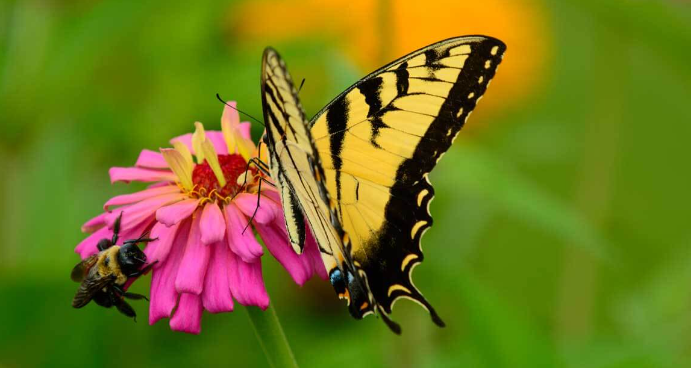

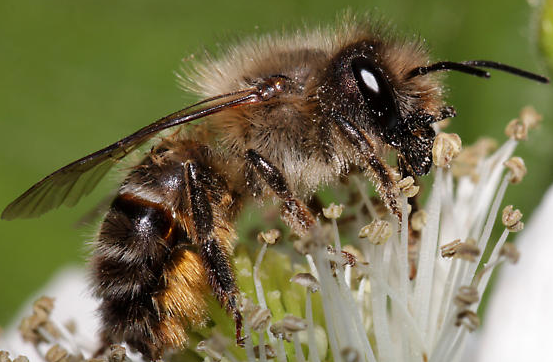
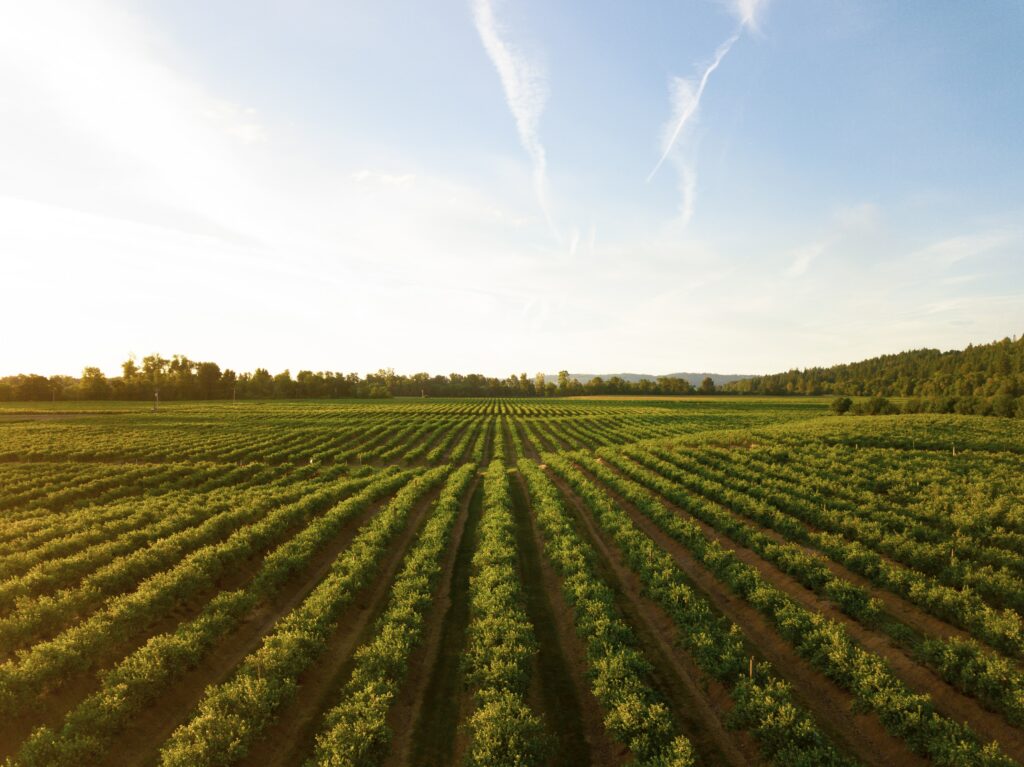
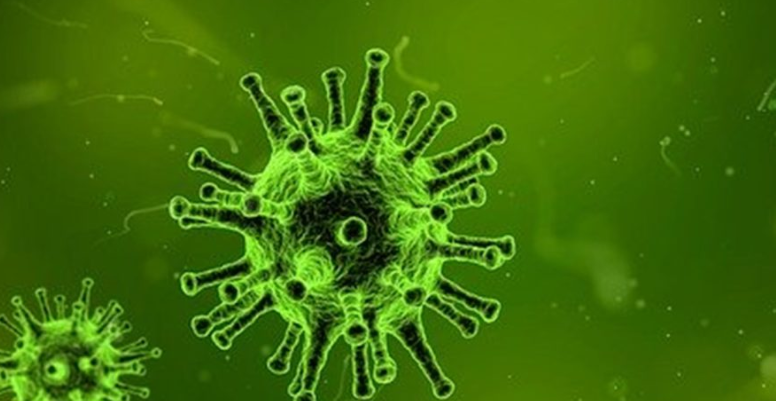
Responses